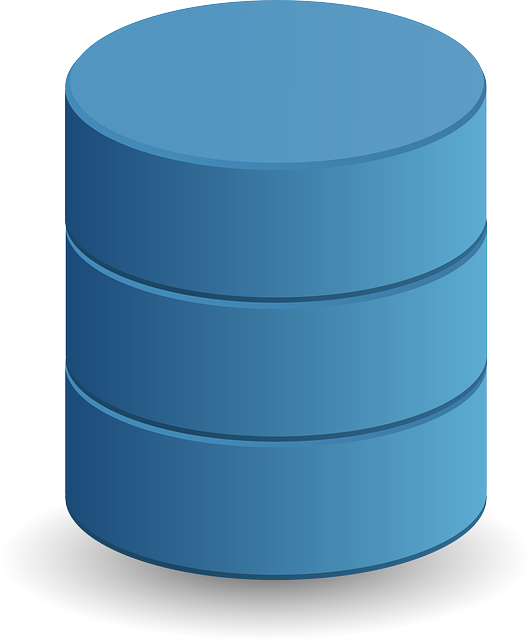Introduction:
In today’s fast-paced digital world, website speed is crucial to user experience and ultimately, a website’s success.
One of the ways to optimize website speed is through the use of a database cache.
A database cache stores frequently accessed data in memory, reducing the need for repeated database queries, and thereby improving website performance.
In this blog post, we will explore the impact of a database cache on website speed and why it matters.
The Importance of Website Speed:
Before diving into the impact of a database cache, let’s first examine why website speed is important.
A fast website has several benefits, including:
- mproved User Experience:I A fast website ensures that users can navigate through the site quickly, find what they need, and complete tasks efficiently. This translates to a positive user experience and increases the likelihood of users returning to the site.
- Better SEO: Google considers website speed as a ranking factor, and a fast website can lead to higher search engine rankings, increasing the likelihood of attracting more traffic.
- Increased Conversions: A fast website leads to better user engagement and higher conversion rates. Users are more likely to make a purchase or fill out a form on a fast-loading website than a slow one.
The Role of Database Cache in Website Speed:
Now, let’s explore the impact of a database cache on website speed.
A database cache is a temporary storage area that stores frequently accessed data in memory.
This reduces the need for repeated database queries, which can be slow and resource-intensive.
By storing data in memory, a database cache can improve website performance by reducing the time it takes to retrieve data.
Benefits of Using a Database Cache:
- Faster Page Load Times: With a database cache, website pages load faster because the necessary data is already stored in memory, eliminating the need to query the database for every request.
- Reduced Server Load: By reducing the number of database queries, a database cache can significantly reduce the load on the server, improving website performance and reliability.
- Improved Scalability: As website traffic increases, a database cache can help improve website scalability by reducing the load on the server and allowing it to handle more traffic without crashing.
- Cost-Effective: A database cache can be a cost-effective solution to improve website performance, as it eliminates the need to invest in expensive hardware or software upgrades.
Types of Database Caches:
There are two types of database caches: query caches and result caches. Query caches store the entire query and the result set in memory, while result caches only store the result set. Let’s take a closer look at each type.
- Query Caches: Query caches store the entire query and the result set in memory. When a request is made for the same query, the cached result set is returned, eliminating the need to re-execute the query. Query caches are effective for frequently executed queries with a high rate of data consistency.
- Result Caches: Result caches only store the result set in memory, not the entire query. When a request is made for the same query, the cached result set is returned, but the query must still be executed. Result caches are effective for queries with a low rate of data consistency.
Considerations for Implementing a Database Cache:
Implementing a database cache can significantly improve website performance, but there are a few considerations to keep in mind:
- Cache Invalidation: Data in the cache can become stale over time. It’s essential to have a mechanism in place to invalidate the cache when data is updated or deleted.
- Cache Size: The size of the cache is critical. A cache that is too small will not be effective, while a cache that is too large can impact system performance.
- Cache Hit Rate: Monitoring the cache hit rate is essential to ensure the cache.
Conclusion:
website speed is crucial to user experience and overall website success.
A database cache can significantly improve website performance by reducing the number of database queries and reducing server load.
It can also improve website scalability and be a cost-effective solution to improve website performance.
